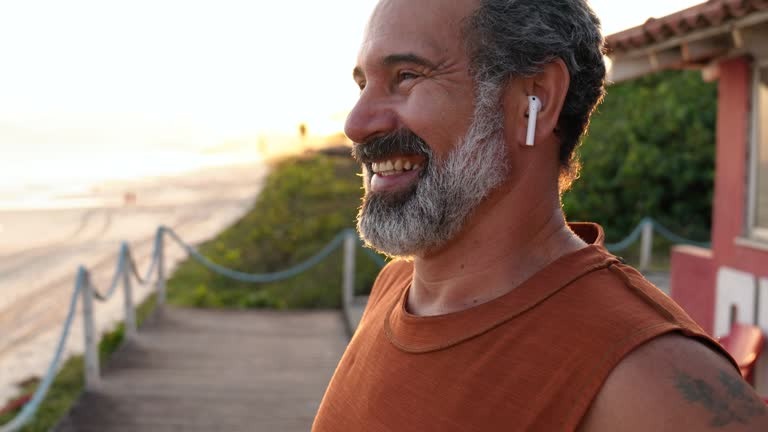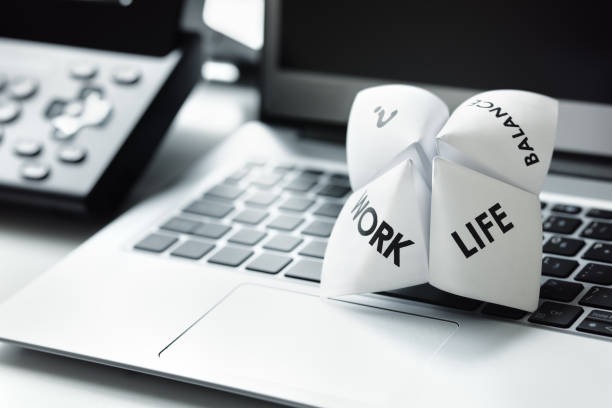Evening screen habits have become an integral part of modern life, but their impact on rest and recovery is a growing concern among health professionals. The use of smartphones, tablets, computers, and televisions before bedtime can significantly disrupt the body’s natural sleep processes. This disruption primarily stems from exposure to blue light emitted by screens, which interferes with the production of melatonin-a hormone crucial for regulating sleep-wake cycles. When melatonin levels are suppressed in the evening, falling asleep becomes more difficult, and overall sleep quality declines.
Poor sleep quality directly affects the body’s ability to recover from daily physical and mental stressors. During restful sleep, especially deep stages like slow-wave sleep and REM (rapid eye movement) phases, the body undergoes essential repair processes. These include muscle recovery through protein synthesis, memory consolidation in the brain, and hormonal regulation that supports immune function. Interruptions caused by late-night screen use can reduce time spent in these restorative stages or fragment sleep altogether.
Apart from blue light exposure, engaging with stimulating content such as social media updates or intense video games before bed can increase cognitive arousal. This heightened state makes it harder to relax and transition into restful slumber. Emotional responses triggered by online interactions best kratom may also contribute to anxiety or stress at night, further impeding relaxation necessary for quality rest.
Moreover, habitual evening screen use often leads to delayed bedtimes due to “screen time creep,” where individuals extend usage longer than intended because of engaging content or habit formation. This delay shortens total sleep duration if wake-up times remain fixed due to work or other commitments. Chronic reduction in sleep hours accumulates into a deficit that impairs daytime functioning including attention span, mood stability, and physical performance.
To mitigate these effects on rest and recovery, experts recommend establishing a technology curfew at least one hour before bedtime during which screens are avoided entirely or replaced with low-stimulation activities such as reading printed books or practicing mindfulness exercises. Using features like blue light filters on devices can help but should not be solely relied upon since they do not eliminate all disruptive effects related to screen engagement.
In summary, evening screen habits have a profound influence on both the quantity and quality of restorative sleep necessary for effective recovery. Awareness of these impacts encourages healthier routines that prioritize winding down without digital distractions leading up to bedtime. By adjusting behaviors around nighttime technology use-reducing exposure intensity and timing-individuals support better physiological regeneration needed for optimal health outcomes each day ahead.













